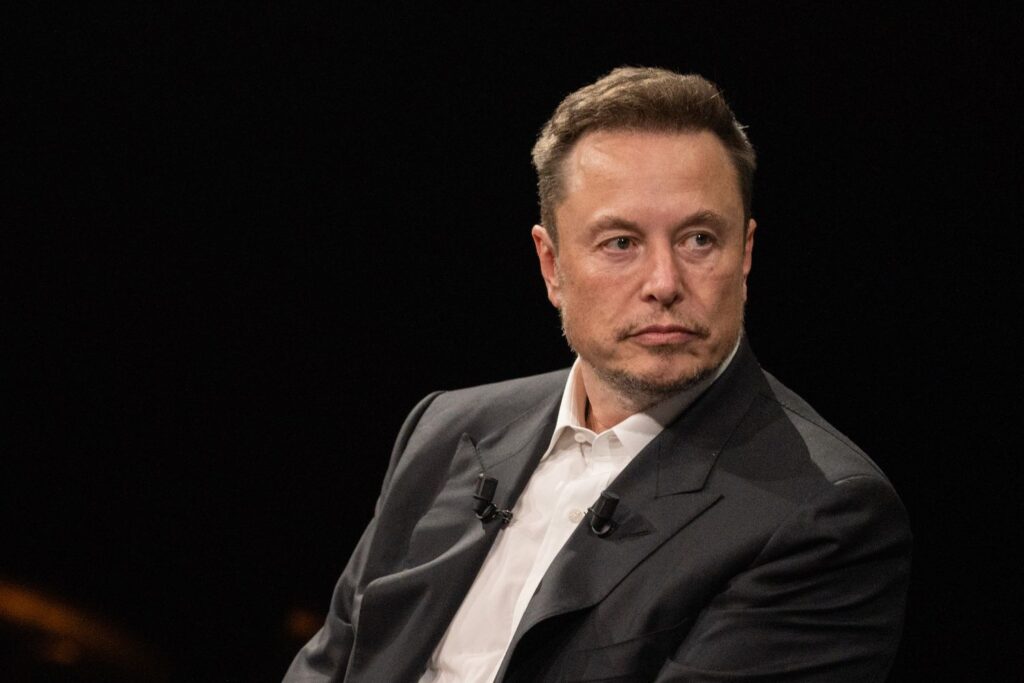Elon Musk, the billionaire entrepreneur, recently hinted at a significant expansion for the social network X, indicating that long-form videos are expected to make their debut on smart televisions.
This development comes in the wake of a report by Fortune magazine, which suggested that X is gearing up to unveil a TV application specifically designed for Amazon and Samsung smart TV users as early as next week.
The initiative seems to be a part of Musk’s broader vision to transform X into a comprehensive ‘super app’, integrating a variety of services ranging from messaging to financial transactions.
In a concise yet revealing response on X to a query about the possibility of streaming long-form videos directly on smart TVs, Musk affirmed, “Coming soon.”
This statement adds weight to earlier speculations about the platform’s strategic direction, further fueled by Fortune’s comparison of the forthcoming app to Google’s YouTube TV application.
An anonymous source cited by Fortune underscored Musk’s ambition to position X as a formidable competitor to YouTube.
However, attempts to gain more insights into the app from X went unanswered as the company did not immediately respond to inquiries about the app’s details.
As part of its objective to prioritize video content, X has been actively engaging in partnerships with notable media personalities, including Tucker Carlson, a former Fox News commentator, and Don Lemon, previously with CNN.
These collaborations are part of X’s endeavor to redefine itself as a “video-first platform,” signaling a strategic shift in content prioritization.
This move towards enhancing video content availability and the introduction of video and audio calling features for select users last October underscores Musk’s commitment to expanding X’s functionalities.
Furthermore, the decision to allow advertisers to place video ads alongside content from specific creators represents an attempt to rejuvenate the platform’s advertising model.
This strategy is particularly pertinent as X has faced challenges in maintaining advertiser interest due to various controversies since Musk’s acquisition in 2022.
